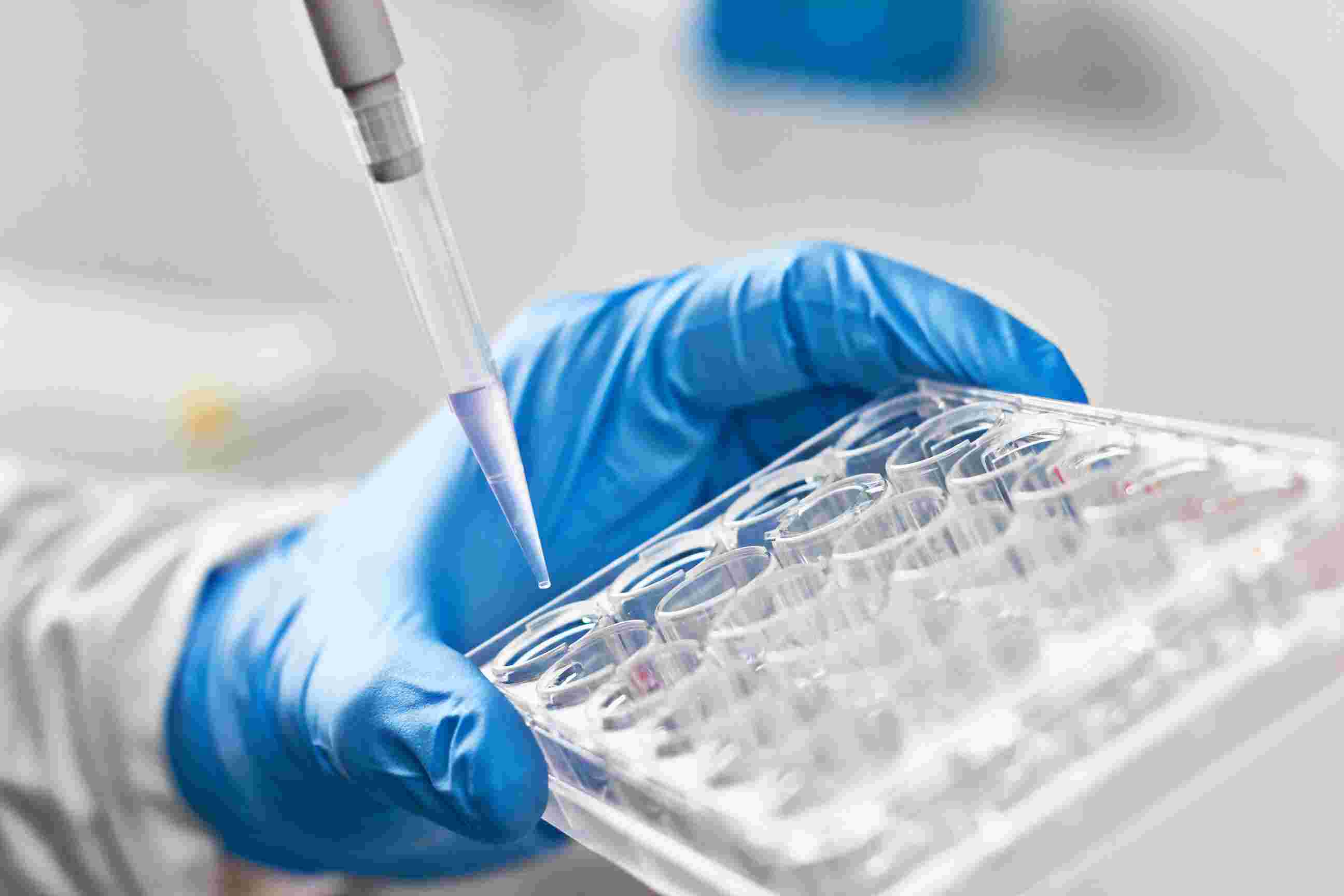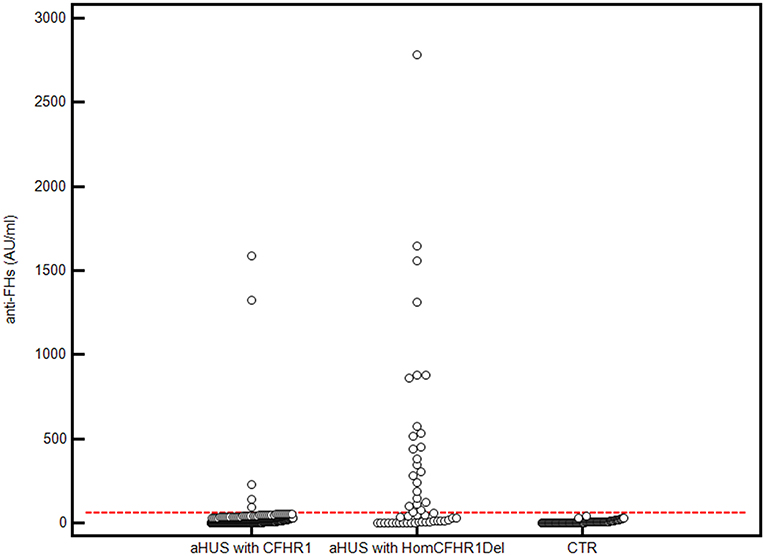Background Services Overview Published Data Related Products Q&A Resources
Creative Biolabs is a leading global biotechnology company that develops and offers
advanced complement autoantibody test. We are committed to providing our clients with comprehensive
autoantibody test services to meet the significant unmet need for accurate and timely
diagnosis, monitoring and treatment of complement-related disease.
Background of Complement Autoantibody
The complement system represents a major component of innate immune defense and plays an important role in
the host’s defense against pathogens. Although the physiological contribution of the complement system is
beneficial, it can cause tissue damage when inappropriately activated or when it is a target
inducing autoantibody response. Autoantibodies directed against a variety of individual complement components,
convertases, and regulators have been described, including C1q or C1 inhibitor (C1-INH) autoantibodies,
factor H/B (FH/FB) autoantibodies and C3 nephritic factors (C3Nefs). These autoantibodies bind to host proteins
and alter the function of their target proteins, interfering with complement regulation to cause
autoimmune and renal disease, such as systemic lupus erythematosus (SLE), atypical hemolytic uremic
syndrome (aHUS) and C3 glomerulopathy (C3G) and so on.
Services Overview
The Complement Autoantibody Test
Since complement autoantibodies are closely associated with many diseases, complement autoantibody tests are very
useful tools for the diagnosis, assessment and monitoring of disease activity, differential diagnosis of clinical
manifestations, and development of disease-targeted therapies. When testing for complement autoantibodies, most
assays are designed to detect only IgG autoantibodies, but there is evidence in some diseases that IgM and even IgA
autoantibodies may also have roles. Currently, the most studied complement autoantibodies include C1q, C1-INH,
C3, FH/FB autoantibodies and C3Nefs. Most of these complement autoantibody assays are based on
enzyme-linked immunosorbent assay (ELISA), while the rest can be detected by other methods, such as
immunofixation electrophoresis and hemolytic assays.
C1q, C1-INH, C3, FH/FB autoantibodies test

ELISA is an immunometric method for detecting and measuring specific antibodies. Autoantibodies to C1q, C1-INH,
C3, FH/FB are usually measured by ELISA with purified protein antigen immobilized on the
microtiter plate. The basic components of this method include substrates for immobilized antigens (usually
96-well microplates), patient serum, washing solutions, and a detection method in which an enzyme is linked to an
antibody that detects the antigen. In a typical double antibody sandwich ELISA, antibodies attached to the bottom of
the well provide antigen capture and immune specificity, while another antibody linked to the enzyme provides
detection and acts as an amplification factor. This allows for accurate and sensitive detection of targets of
interest.
-
C3Nefs test
C3Nefs are IgG and IgM autoantibodies that bind directly to C3 convertase (C3bBb) of the
alternative pathway. C3NeFs can be measured by stabilization of the alternative pathway convertase
C3bBb. The gold standard laboratory method is a hemolytic assay that measures
whether patient-purified IgGs can stabilize preformed membrane-bound C3 convertase. Another viable method uses
immunofixation electrophoresis-based detection, which infers the presence of C3 convertase
stabilizing molecules when C3 breakdown products are detected in serum.
Our Services of Autoantibody Test
Creative Biolabs has a variety of mature technology platforms for testing autoantibodies. Our experienced experts
are able to provide high-quality diagnostic testing services and reliable detailed results analysis in a short
period of time to help customers accelerate their project progress. Creative Biolabs performs a
comprehensive range of autoantibody tests, including:
-
Anti-C1q Autoantibody Test
-
Anti-C3 Autoantibodies Test
-
C1 Inhibitor Autoantibody Test
-
C3 Nephritic Factors (C3Nefs) Test
-
Anti-factor H Autoantibody Test
-
Anti-factor B Autoantibody Test
For assistance with diagnostic tests of the complement's autoantibodies or complement associated result
interpretation, please feel free to contact us.
Published Data
Presented are findings showcased within articles pertaining to complement autoantibody testing:
1.Anti-FH IgG ELISA
 Fig. 1 Complement system and its targeted modulation.1, 2
Fig. 1 Complement system and its targeted modulation.1, 2
Related Product
Resources
References
-
Valoti, Elisabetta, et al. "Rare functional variants in complement genes and anti-FH autoantibodies-associated aHUS." Frontiers in Immunology 10 (2019): 853.
-
under Open Access license CC BY 4.0, without modification
Questions & Answer
A: Autoantibodies are a type of antibody produced by the immune system against one or more of an individual's own antigens. The complement system is a major component of our innate immune defense. Autoantibodies directed against multiple complement components are called complement autoantibodies.
A: Abnormal complement system function has been identified as a direct or indirect pathophysiological mechanism for many diseases and pathological conditions, such as infections, autoimmune diseases, inflammatory conditions, malignancies, and allogeneic transplants. Autoantibodies against complement components often interfere with complement regulation, causing an abnormal complement system. Therefore, complement autoantibody testing can help diagnose these diseases, assess the severity of the condition, monitor the effectiveness of treatment, and develop disease-targeted therapies.
A: Autoantibodies can activate the complement system, which mediates tissue damage and triggers systemic inflammation. Therefore, they may be associated with many different autoimmune diseases. Examples include systemic lupus erythematosus (SLE), anti-neutrophil cytoplasmic antibody (ANCA)-associated vasculitis (AAV), and antiphospholipid syndrome (APS). An association between anti-C1q autoantibodies and disease activity in lupus nephritis has been found. Antiphospholipid antibodies (aPL) activate complement to produce C5a and thus assist in the pathogenesis of APS-related clinical events.
A: Our service accepts various sample types, including serum, plasma, and tissue culture supernatants. Complement autoantibody test service can be utilized for studies involving both humans and animals. The tests are designed to detect autoantibodies in a variety of samples, whether they come from human patients or animal models used in scientific research.
A: Our service utilizes cutting-edge technology and rigorous methodologies to ensure high levels of accuracy. However, as with all tests, there may be some inherent variability and potential for false positives or negatives. We implement stringent quality controls to minimize these occurrences.
A: Certainly. We have extensive validation data and references supporting the reliability and accuracy of our service. Upon request, we're more than happy to share relevant publications, validation studies, or testimonials from satisfied researchers who have utilized our service in their studies.
For Research Use Only.
Related Sections:


 Fig. 1 Complement system and its targeted modulation.1, 2
Fig. 1 Complement system and its targeted modulation.1, 2

